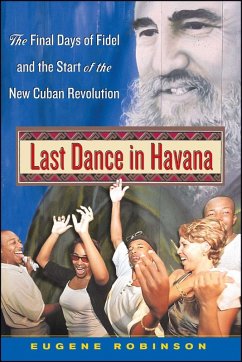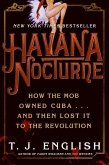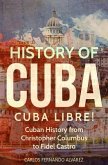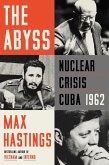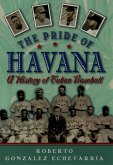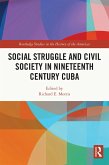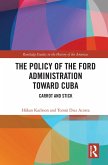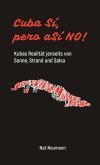Music is the mother's milk of Cuban culture. Cubans express their fondest hopes, their frustrations, even their political dissent, through music. Most Americans think only of salsa and the Buena Vista Social Club when they think of the music of Cuba, yet those styles are but a piece of a broad musical spectrum. Just as the West learned more about China after the Cultural Revolution by watching From Mao to Mozart, so will readers discover the real Cuba -- the living, breathing, dying, yet striving Cuba.
Cuban music is both wildly exuberant and achingly melancholy. A thick stew of African and European elements, it is astoundingly rich and influential to have come from such a tiny island. From rap stars who defy the government in their lyrics to violinists and pianists who attend the world's last Soviet-style conservatory to international pop stars who could make millions abroad yet choose to stay and work for peanuts, Robinson introduces us to unforgettable characters who happily bring him into their homes and backstage discussions.
Despite Castro's attempts to shut down nightclubs, obstruct artists, and subsidize only what he wants, the musicians and dancers of Cuba cannot stop, much less behave. Cubans move through their complicated lives the way they move on the dance floor, dashing and darting and spinning on a dime, seducing joy and fulfillment and next week's supply of food out of a broken system. Then at night they take to the real dance floors and invent fantastic new steps. Last Dance in Havana is heartwrenching, yet ultimately as joyous and hopeful as a rocking club late on a Saturday night.
Dieser Download kann aus rechtlichen Gründen nur mit Rechnungsadresse in A, B, BG, CZ, D, DK, EW, E, FIN, F, GR, HR, H, I, LT, L, LR, NL, PL, P, R, S, SLO, SK ausgeliefert werden.
Hinweis: Dieser Artikel kann nur an eine deutsche Lieferadresse ausgeliefert werden.

